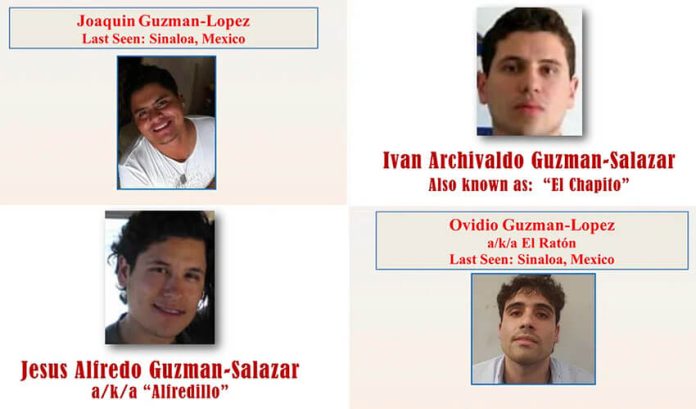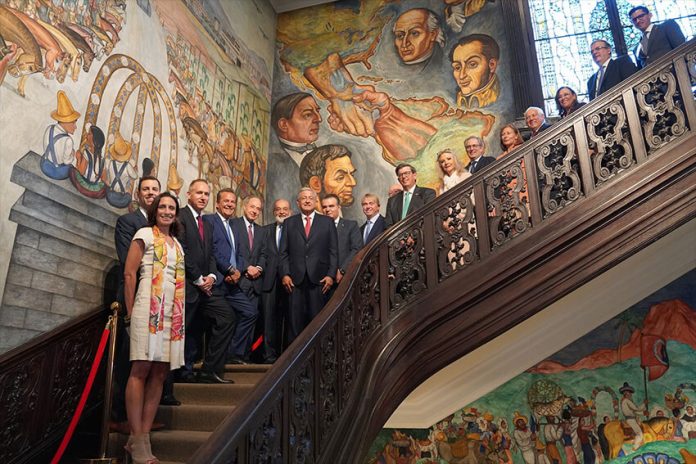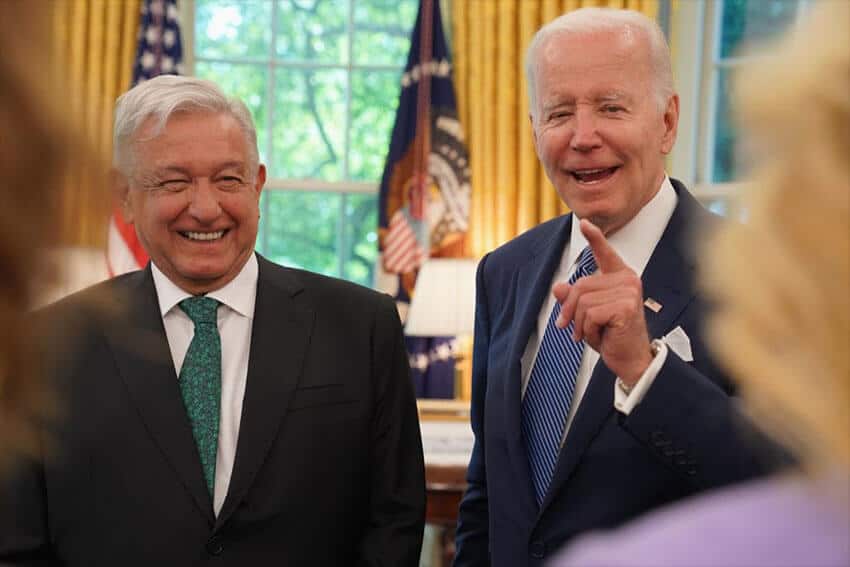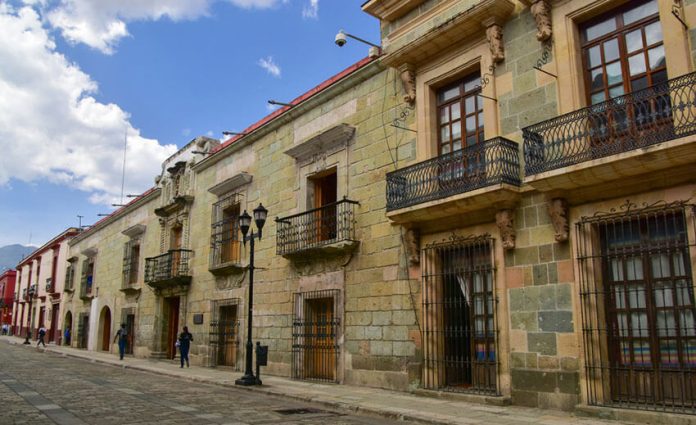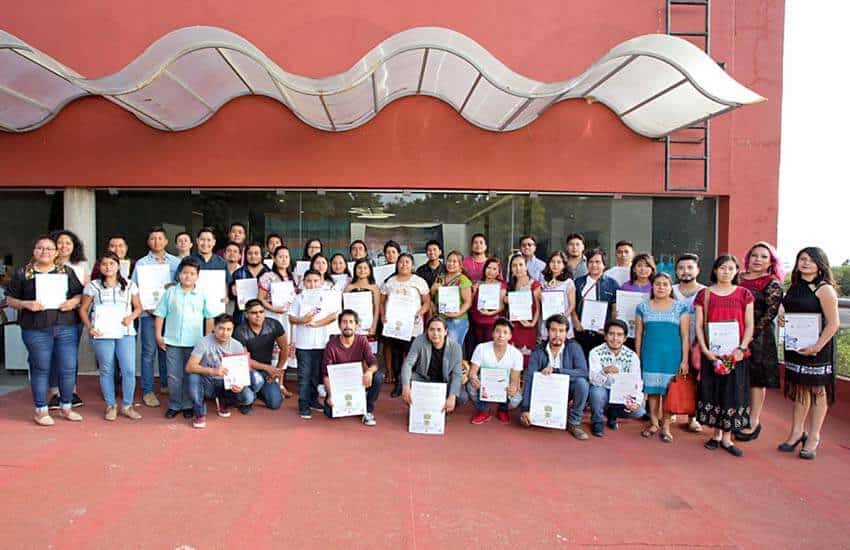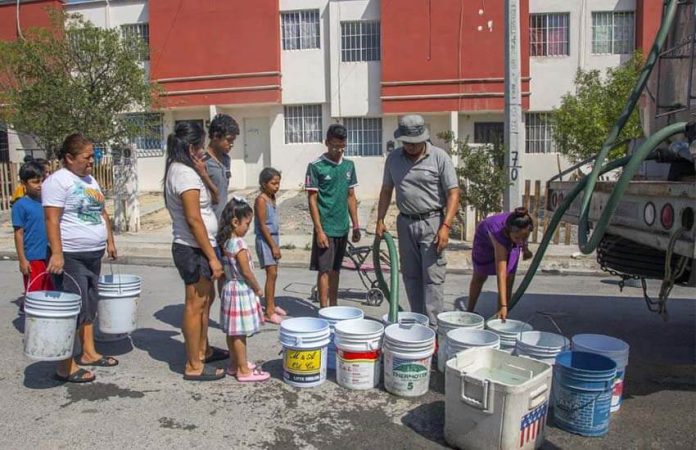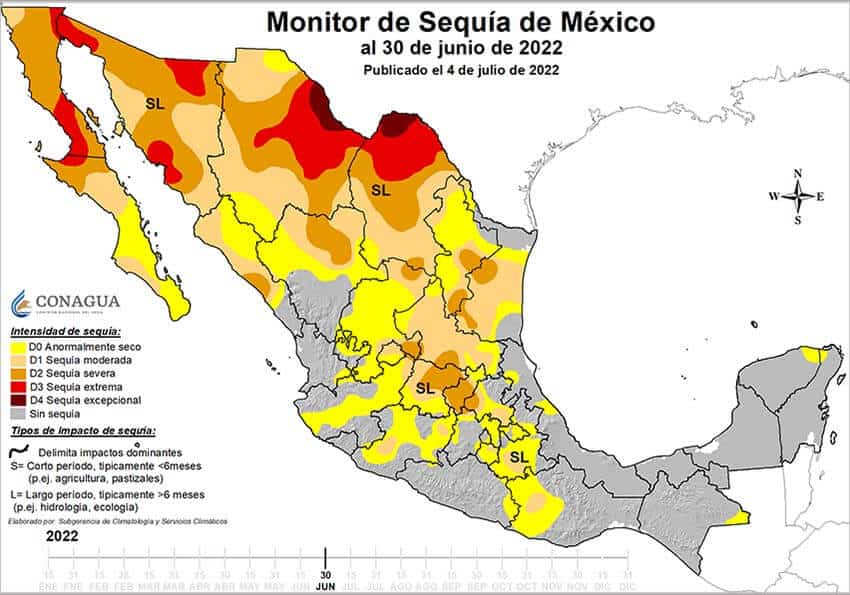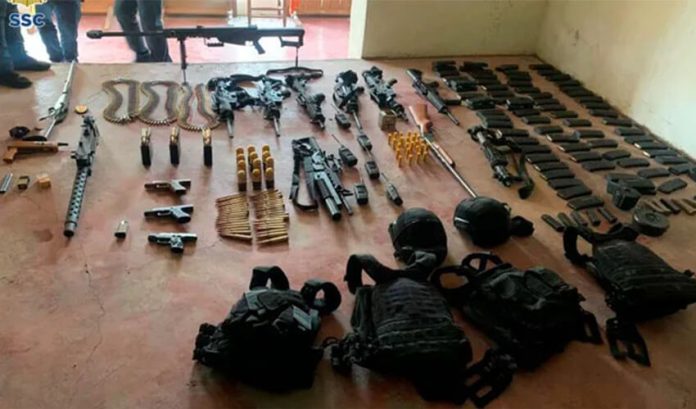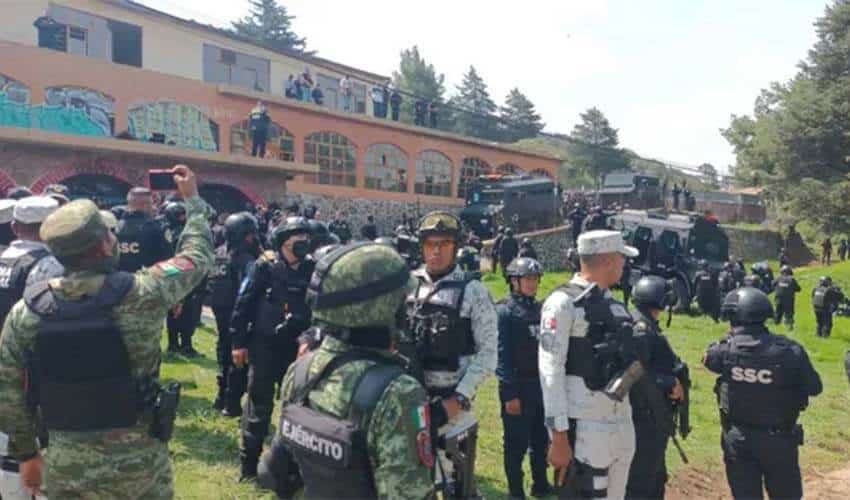The Sinaloa Cartel’s Mexico City expansion has not gone as smoothly as it might have hoped: authorities have arrested numerous suspected members of the powerful criminal organization and seized large quantities of drugs and weapons from it.
Cartel henchmen affiliated with Los Chapitos – the sons of convicted drug lord Joaquín “El Chapo” Guzmán – are believed to have been operating in the capital since 2020. According to Mexico City Attorney General’s Office sources cited by the El Universal newspaper, the Sinaloa Cartel’s presence has been detected in Tlalpan, Xochimilco and Gustavo A. Madero, among other boroughs.
In September, those three boroughs, along with Álvaro Obregón, Cuauhtémoc, Miguel Hidalgo and Iztapalapa, were part of a Mexico City police initiative to increase patrol presence in high-crime areas of the city. At the time, officials said that they were trying to combat the activities of various organized crime groups, although the Sinaloa Cartel was not mentioned.
Fourteen suspected Sinaloa Cartel members were arrested Tuesday after a gun battle with police in Tlalpan, located in the capital’s south. It was far from the first time that authorities have conducted an operation against the cartel in Mexico City.

One of the biggest prior blows came in February 2021, when Mexico City police and soldiers seized 803 kilograms of cocaine and 15 firearms from a house in Tlalpan. Two suspected Sinaloa Cartel members were detained.
Days later, security forces raided a property in the Benito Juárez borough and seized an additional 60 kilograms of cocaine. A person identified as a leader of the Sinaloa Cartel was arrested during that operation.
A woman known as “La Chamaca” (The Kid), who allegedly had links to the cartel, was arrested in Mexico City in May of this year, while authorities last month seized 300 kilograms of cocaine during raids of 10 properties in the capital.
The El Universal sources said that authorities have established that the Sinaloa Cartel sends drugs from Sinaloa on buses that arrive at Mexico City’s northern bus terminal. They also said the cartel collaborates with local drug dealers to sell their illicit products. The criminals affiliated with Los Chapitos use medium- and high-value homes to stash their drugs, El Universal said.
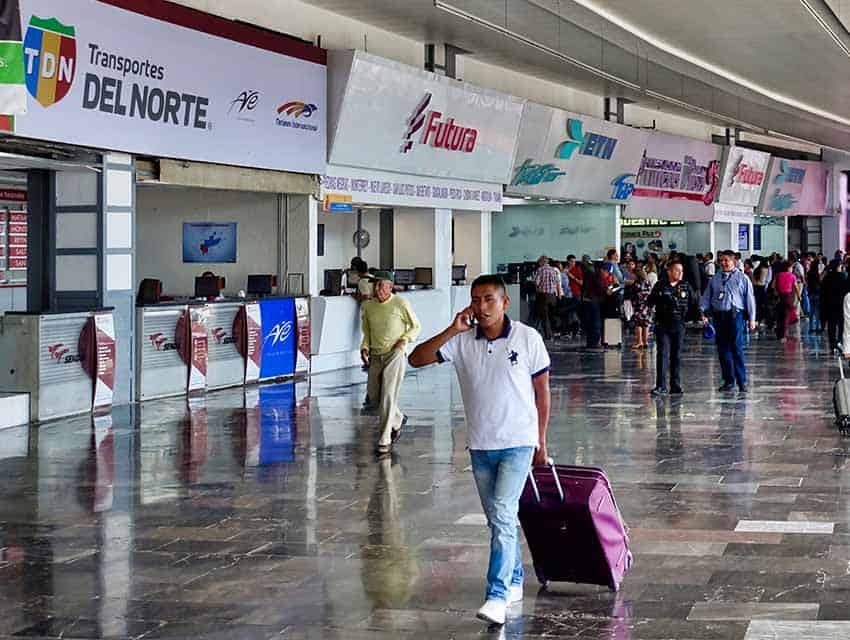
One part of the capital where the criminal organization has attempted to take control of the drug market is Tlalpan, but Mexico City police detected its presence and were carrying out an operation against it when Tuesday’s confrontation occurred. The 14 people arrested after that clash – in which four police officers were wounded – allegedly belong to the Los Chapitos cell of the Sinaloa Cartel.
According to a report by the Infobae news website, some of the aggressors were wearing badges around their necks that indicated their affiliation. The badges feature an image of a mouse, a reference to Ovidio “El Ratón” Guzmán López, whose brief arrest in Culiacán in 2019 triggered a wave of cartel attacks that terrorized residents of the northern city. They also feature the J.G.L. initials of Joaquín Guzmán Loera. Other presumed cartel henchmen were wearing badges featuring El Chapo’s face.
According to Antonio Nieto, a Mexico City-based journalist who reports on organized crime and is the author of a book on the history of La Unión Tepito, a crime group based in the notoriously violent Tepito neighborhood, cartel members affiliated with Los Chapitos met with Mexico City officials in the borough of Coyoacán in February 2020. The following year they began to speak about a criminal pact, according to an Infobae report that quoted the journalist.
At a meeting last September, Nieto said, Mexico City police were warned not to interfere with the criminal activities of Los Chapitos and advised to instead focus their law enforcement efforts on La Unión Tepito. “In exchange for that, none of the officers would be touched,” Infobae said.
Ironically, in 2019, Mexico City Police Chief Omar García Harfuch conducted a major drug and weapons raid on La Unión Tepito in the Morelos neighborhood, narrowly missing capturing its leader, Oscar “El Lunares” Flores. García claimed at the time that his office had made the raid because it had knowledge that Mexico City authorities had made a pact with La Unión Tepito.
If a pact did exist between Los Chapitos and Mexico City police, it appears that it was broken before Tuesday’s shootout in Tlalpan. According to Nieto, another Sinaloa Cartel faction called Los Mayos – operatives loyal to Ismael “El Mayo” Zambada – also operates in Mexico City, but it’s not as violent as Los Chapitos.
With reports from El Universal and Infobae
